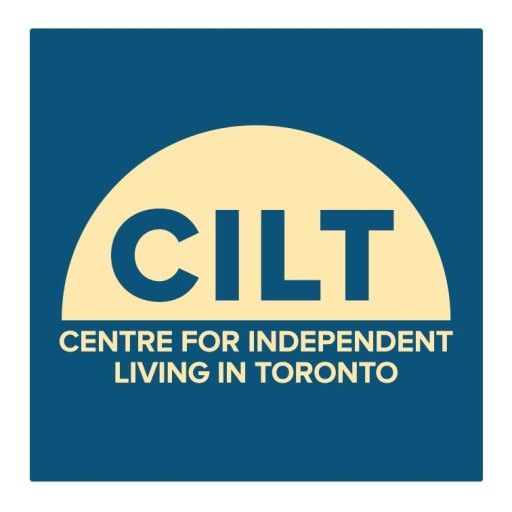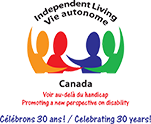People living with lifelong disabilities are now living longer than expected, and are now embarking upon another life transition – the aging process.They should be able to do so with dignity; this includes having access to all information and resources, having the choice of living at home with appropriate supports and services versus living in long term care facilities, accessing educational programs on health and nutrition, fitness programs and those designed to decrease social isolation as it relates to aging with a disability.
In the past getting older was a not as large of an issue for people with disabilities as it is now, so how well will we live as we age? Now, people with disabilities are asking questions about the quality of our living and the quality of our aging. It is important that we keep ourselves as informed as possible on wellness, self care, health care, exercise and advocacy.
Secondary medical conditions such as respiratory illness, renal failure, accidents, infections, and depression, coupled with a general lack of adequate primary medical care, prevented most persons from experiencing their true life expectancy.
Throughout our life span, we continuously talk about “transitioning”: from secondary to post-secondary education, from living at home to living independently, finding employment and/or volunteer opportunities after school, getting married and having a family.
Now we are embarking upon another life transition: AGING WITH A DISABILITY and we should be able to do so with dignity and with the appropriate supports.
So now people with disabilities are now asking themselves not “HOW LONG WILL WE LIVE?” but “HOW WELL WILL WE LIVE?”
Working Group Members:
John Mossa, Independent Living Skills Coordinator, Centre for Independent Living in Toronto (CILT)
Michael Mathieson, Access Independent Living Services
Lynda Roy, Anne Johnston Health Station
Dianne Wintermute, ARCH Disability Law Centre
Kathryn Wise, Community Care Access Centre (Toronto Central CCAC)
Sally McMackin, Community Care Access Centre (Toronto Central CCAC)
Leisa DeBono, Direct Funding Program, Centre for Independent Living in Toronto (CILT)
Melanie Marsden, Centre for Independent Living in Toronto (CILT)
Gillian Bone, CPA Ontario
Teresa Jarosz, Huntington Society
Lynn Laccohee, Multiple Sclerosis Society
Stacey Lintern, Muscular Dystrophy Canada
Cathy Samuelson, North Yorkers for Disabled Persons
Gordana Skrba, Ontario Federation for Cerebral Palsy
Yona Frishman, Tobias House Attendant Care
For more information, contact John Mossa at 416-599-2458, x238 or email to ilskills@cilt.ca.
For more information, please click on the report: Aging with a Disability – Focus Group Report







